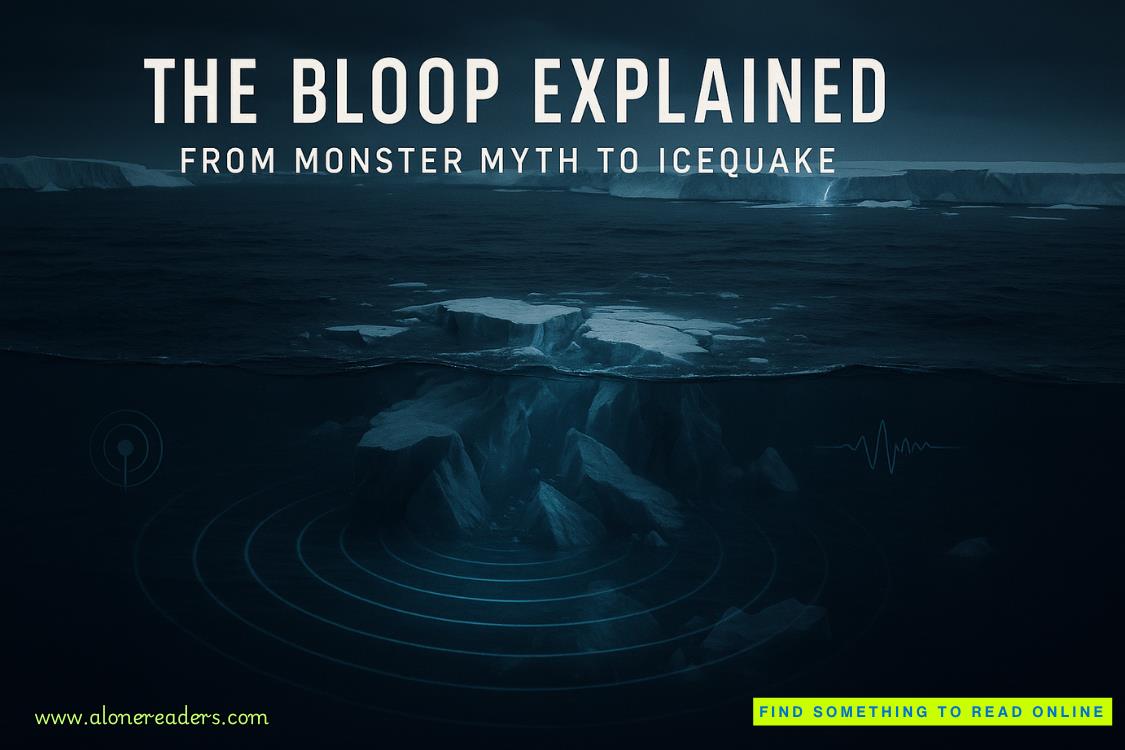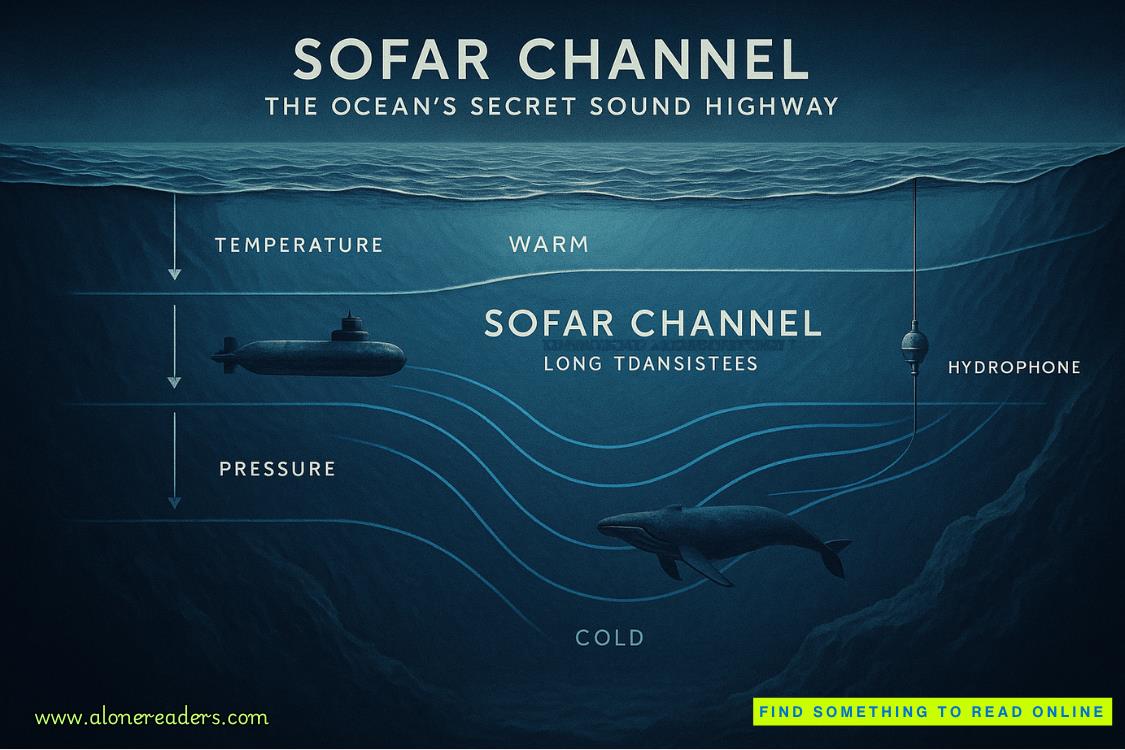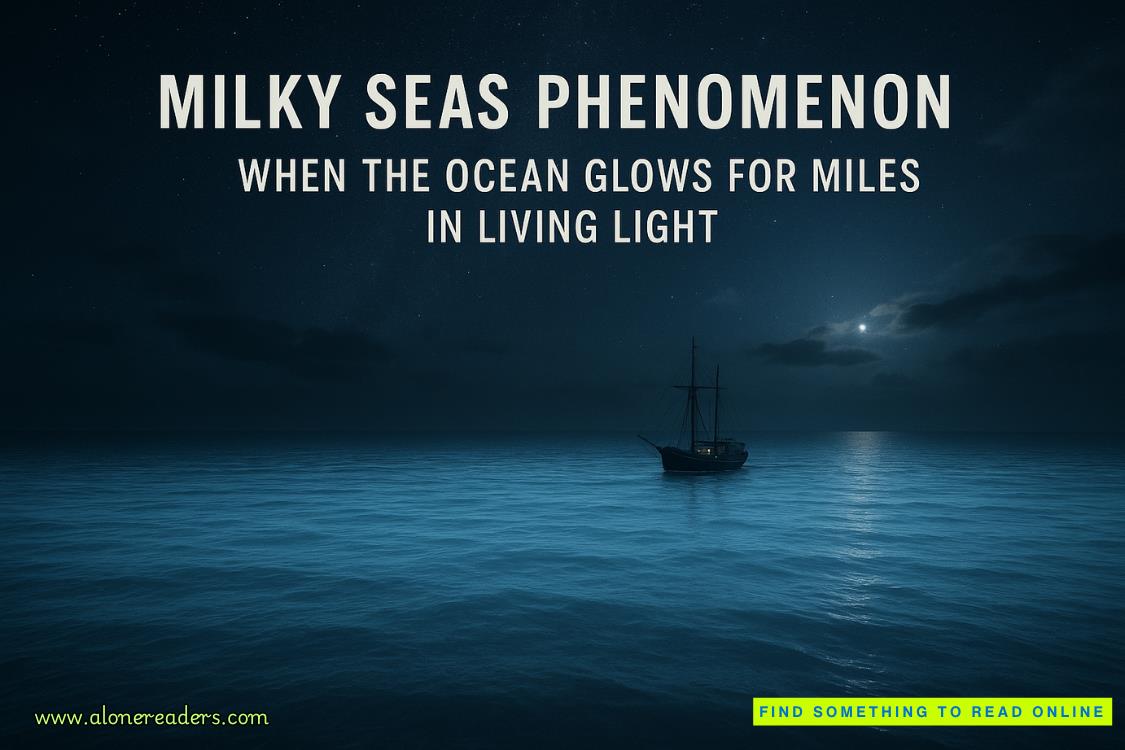Page 302 of Blade Bound (Chicagoland Vampires 13)
Tonight we’d celebrate our survival with colors, feathers, brass bands, and plenty of booze. It would be loud, crazy, and amazing. Assuming I could manage not to get arrested before the fun started . . .
“You finally losing it, Claire?”
I glanced back and found a man, tall and leanly muscled, standing behind me. Antoine Lafayette Gunnar Landreau, one of my best friends, looked unwilted by the heat.
His dark brown, wavy hair was perfectly rakish, and his smile was adorably crooked, the usual gleam in his deep-set hazel eyes. Tonight, he wore slim dark pants and a sleeveless shirt that showed off his well-toned arms—and the intricate but temporary paintings that stained his skin.
“Hey, Gunnar.” We exchanged cheek kisses. I cursed when another boom sounded, followed by the sparkle of gold stars in the air.
I smiled despite myself. “Damn it. Now they’re just showing off.”
“Good thing you’re getting into the spirit,” he said with a grin. “Happy War Night.”
“Happy War Night, smarty-pants. Let me check your ink.”
Gunnar obliged, stretching out his arms so I could get a closer view. New Orleans was a city of traditions, and War Night had its own: the long parade, the fireworks, the spiked punch we simply called “Drink” because the ingredients depended on what was available. And since the beginning, when there was nothing but mud and ash, painting the body to remember the fallen. Making a living memorial of those of us who’d survived.
The intricate scene on Gunnar’s left arm showed survivors celebrating in front of the Cabildo, waving a purple flag bearing four gold fleurs-de-lis—the official postwar flag of New Orleans. The other arm showed the concrete and stone sculpture of wings near Talisheek in St. Tammany Parish, which memorialized one of the deadliest battles of the war, and the spot where thousands of Paras had entered our world.
The realism lifted goose bumps on my arms. “Seriously amazing.”
“Just trying to do War Night proud. And Aunt Reenie.”
“God bless her,” I said of Gunnar’s late and lamented aunt, who’d been a great lover of War Night, rich as Croesus, and, according to Gunnar’s mother, “not quite there.”
“God bless her,” he agreed.
“Let’s get the party started,” I said. “You want something to drink?”
“Always the hostess. I don’t suppose there’s any tea?”
; Officially, it was called the District.
We called it Devil’s Isle, after a square in the Marigny where criminals had once been hanged. And if Containment learned I had magic, I’d be imprisoned there with the rest of them.
They had good reason to be wary. Most humans weren’t affected by magic; if it was an infection, an illness, they were immune. But a small percentage of the population didn’t have that immunity. We were sensitive to the energy from the Beyond. That hadn’t been a problem before the Veil was opened; the magic that came through was minimal—enough for magic tricks and illusions but not much else. But the scarred Veil wasn’t as strong; magic still seeped through the rip where it had been sewn back together. Sensitives weren’t physically equipped to handle the magic that poured through.
Magic wasn’t a problem for Paras. In the Beyond, they’d bathed in the magic day in and day out, but that magic had an outlet—their bodies became canvases for the power. Some had wings; some had horns or fangs.
Sensitives couldn’t process magic that way. Instead, we just kept absorbing more and more magic, until we lost ourselves completely. Until we became wraiths, pale and dangerous shadows of the humans we’d once been, our lives devoted to seeking out more magic, filling that horrible need.
I’d learned eight months ago that I was a Sensitive, part of that unlucky percentage. I’d been in the store’s second-floor storage room, moving a large, star-shaped sign to a better spot. (Along with walking sticks, my dad had loved big antique gas station signs. The sticks, at least, were easier to store.) I’d tripped on a knot in the old oak floor and stumbled backward, falling flat on my back. And I’d watched in slow motion as the hundred-pound sign—and one of its sharp metallic points—fell toward me.
I hadn’t had time to move, to roll away, or even to throw up an arm and block the rusty spike of steel, which was aimed at the spot between my eyes. But I did have a split second to object, to curse the fact that I’d lived through war only to be impaled by a damn gas station sign that should have been rusting on a barn in the middle of nowhere.
“No, damn it!” I’d screamed out the words with every ounce of air in my lungs, with my eyes squeezed shut like a total coward.
And nothing had happened.
Lips pursed, I’d slitted one eye open to find the metal tip hovering two inches above my face. I’d held my breath, shaking with adrenaline and sweating with fear, for a full minute before I gathered up the nerve to move.
I’d counted to five, then dodged and rolled away. The star’s point hit the floor, tunneling in. There was still a two-inch-deep notch in the wood.
I hadn’t wanted the star to impale me—and it hadn’t. I’d used magic I hadn’t known I’d had—Sensitivity I hadn’t known I possessed—to stop the thing in its tracks.
I’d gotten lucky then, too: The magic monitor hadn’t been triggered, and I’d kept my store . . . and my freedom.
Another boom sounded, pulling me through memory to my spot on the sidewalk. I jumped, cursed under my breath.















